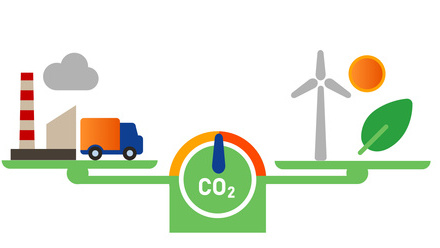Update From the AEMT General Manager
In the coming years, topics such as Net Zero and artificial intelligence will dominate the industrial landscape, as businesses navigate complex issues like shifting demographics, geopolitical tensions, supply chain disruptions, and the impacts of climate change. The AEMT’s primary focus on quality, efficiency and sustainability will be critical in addressing these challenges. By improving in these areas, we can ensure the continued relevance and essential role of the MRO industry in shaping a resilient future.
We are also excited to announce that our new codes of practice are on track to be ratified by the end of the year. These codes emphasise six key tenets: Quality, expertise, integrity, stability, safety, and sustainability. After extensive deliberation, we are confident that we are close to finalising these guidelines, which will assure industry stakeholders that working with an AEMT member guarantees the highest standards across every aspect of business.
The MRO industry has long been at the for efront of sustainability, with practices such as recycling copper wire proving not only to be environmentally responsible but also economically viable. By embracing a ‘repair rather than replace’ mindset and keeping resources within local markets, we can significantly reduce costs over time and build a more sustainable industrial future. Increasing efficiency has long been known as a wa y to both save money and reduce emissions, and sustainability works in much the same way.
While China continues to be a dominant player in manufacturing, it faces increasing constraints due to an ageing population and growing geopolitical tensions. Recent developments, such as the rise in retirement age and instability in key shipping routes, are indicators of a shifting global landscape that will undoubtedly affect the future of low-cost exports. Coupled with fluctuating oil prices, these changes will drive up the cost of imports and provide further impetus for a stronger focus on local and sustainable solutions.
At the AEMT, our mission is to help members recognise their pivotal role within the circular economy and support the wider industry in reducing emissions and enhancing sustainability. In the coming year, we will be launching new tools and services to support this vision, and I look for ward to sharing more updates as we continue to lead the way towards a more sustainable, efficient, and resilient future.






